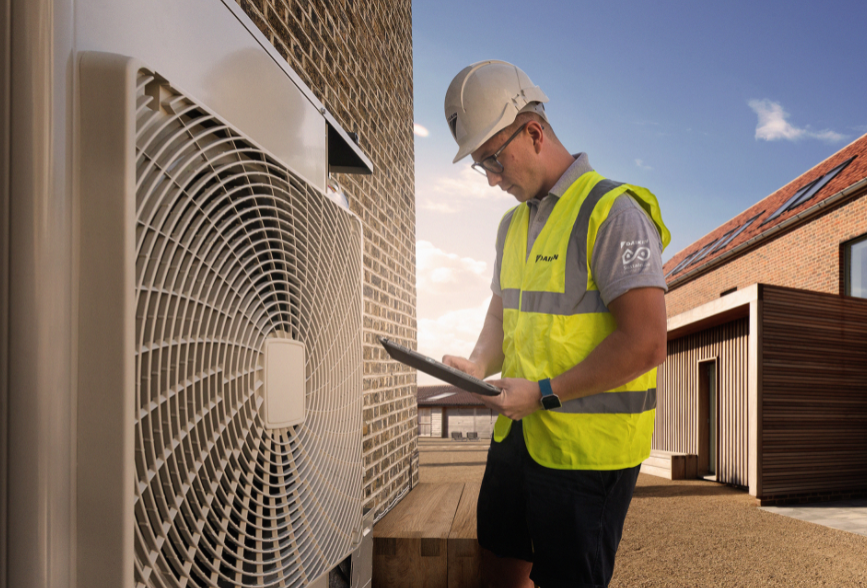Proper commercial ventilation is crucial for maintaining a healthy and efficient working environment. It not only helps regulate indoor air quality but also enhances productivity and the overall well-being of employees. Whether you’re running an office, a restaurant, or a manufacturing facility, understanding the importance of effective ventilation is key to ensuring a safe and comfortable space for both staff and customers.
1. Enhancing Indoor Air Quality
One of the primary reasons for installing commercial ventilation systems is to improve indoor air quality. Poor air quality can lead to a variety of health issues, such as respiratory problems, fatigue, and even headaches. A good ventilation system ensures that fresh air circulates throughout the building while stale air and pollutants are expelled. This is especially important in environments where people are spending long hours, as it helps to reduce the concentration of harmful indoor air contaminants.
2. Regulating Temperature and Humidity
Another significant benefit of proper ventilation is its role in regulating temperature and humidity levels. Without adequate airflow, spaces can become stuffy and uncomfortable, leading to increased employee fatigue and decreased productivity. On the other hand, excessive humidity can promote the growth of mould and mildew, which can cause damage to the building and present health risks. A well-ventilated commercial space helps to maintain a comfortable and consistent temperature while controlling humidity levels, thus creating a more conducive environment for work.
3. Boosting Energy Efficiency
Effective commercial ventilation systems also contribute to better energy efficiency. Proper ventilation helps in balancing heating and cooling systems, reducing the need for excessive air conditioning or heating. This can lead to significant cost savings on energy bills. In places like New Zealand, where weather conditions vary, ensuring that your commercial space is equipped with an energy-efficient ventilation system is vital for keeping operational costs low.
4. Meeting Health and Safety Standards
In many industries, especially those in food service, healthcare, and manufacturing, commercial ventilation is a requirement for meeting health and safety standards. Ventilation systems help reduce the risk of airborne contaminants, odours, and toxins, creating a safer environment for both employees and customers. Inadequate ventilation can lead to the spread of illnesses and increase the likelihood of workplace accidents, making it essential for businesses to ensure their ventilation systems are properly maintained and functioning.
Conclusion
Commercial ventilation is essential for maintaining a healthy, comfortable, and productive environment. From improving air quality to boosting energy efficiency, the benefits are undeniable. Investing in a quality ventilation system ensures compliance with health standards while creating a safer and more enjoyable workplace for everyone.



